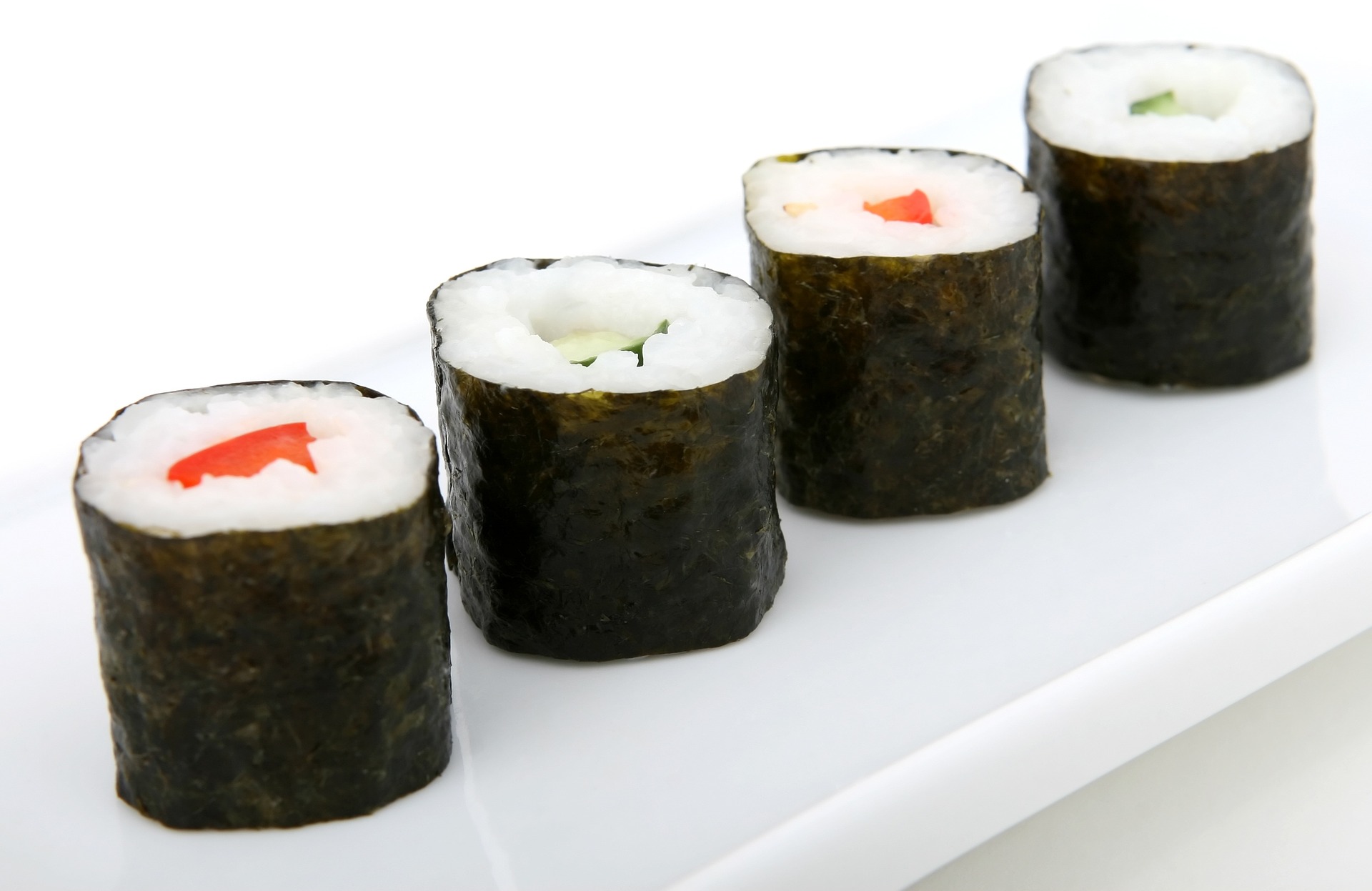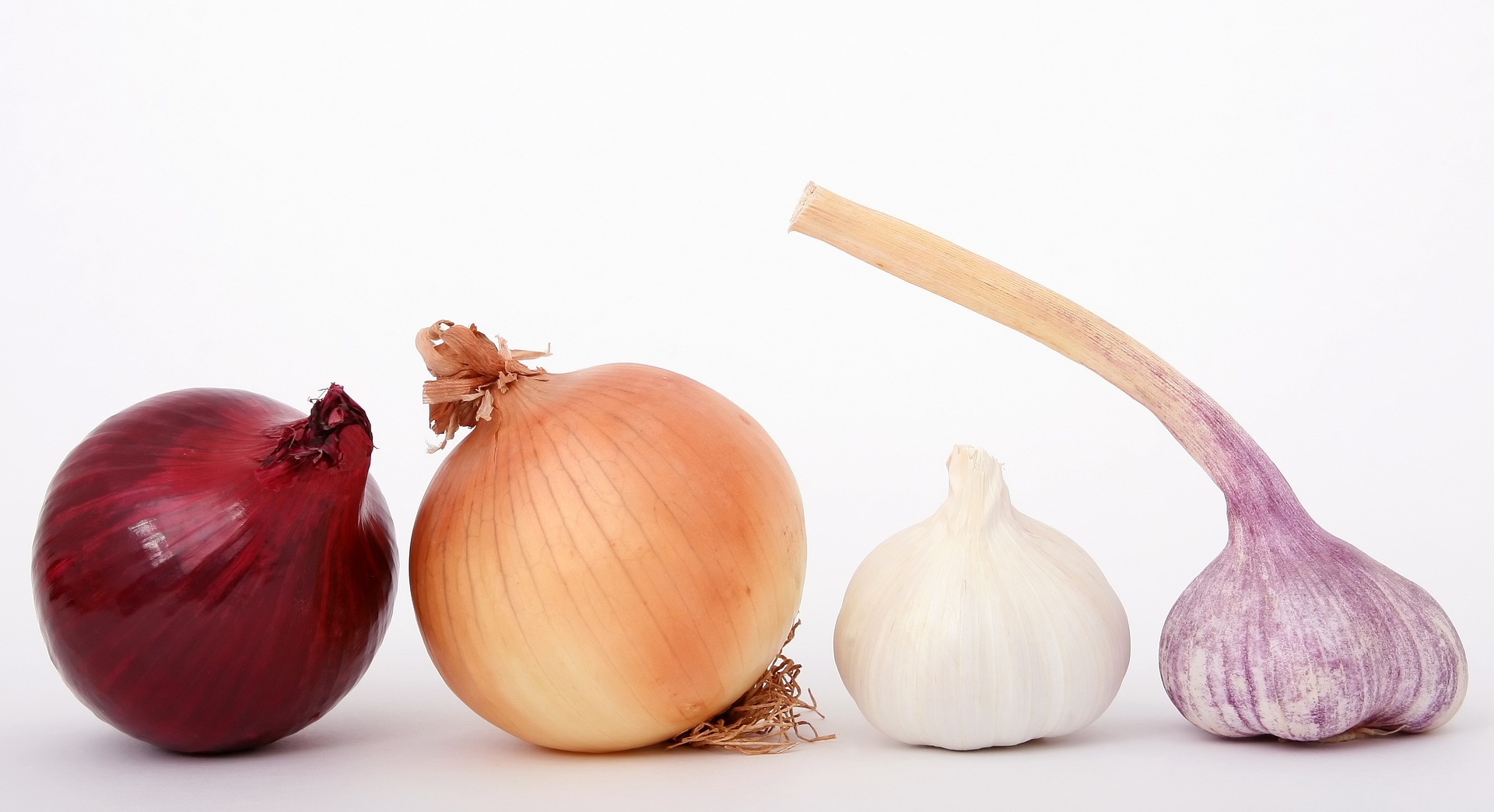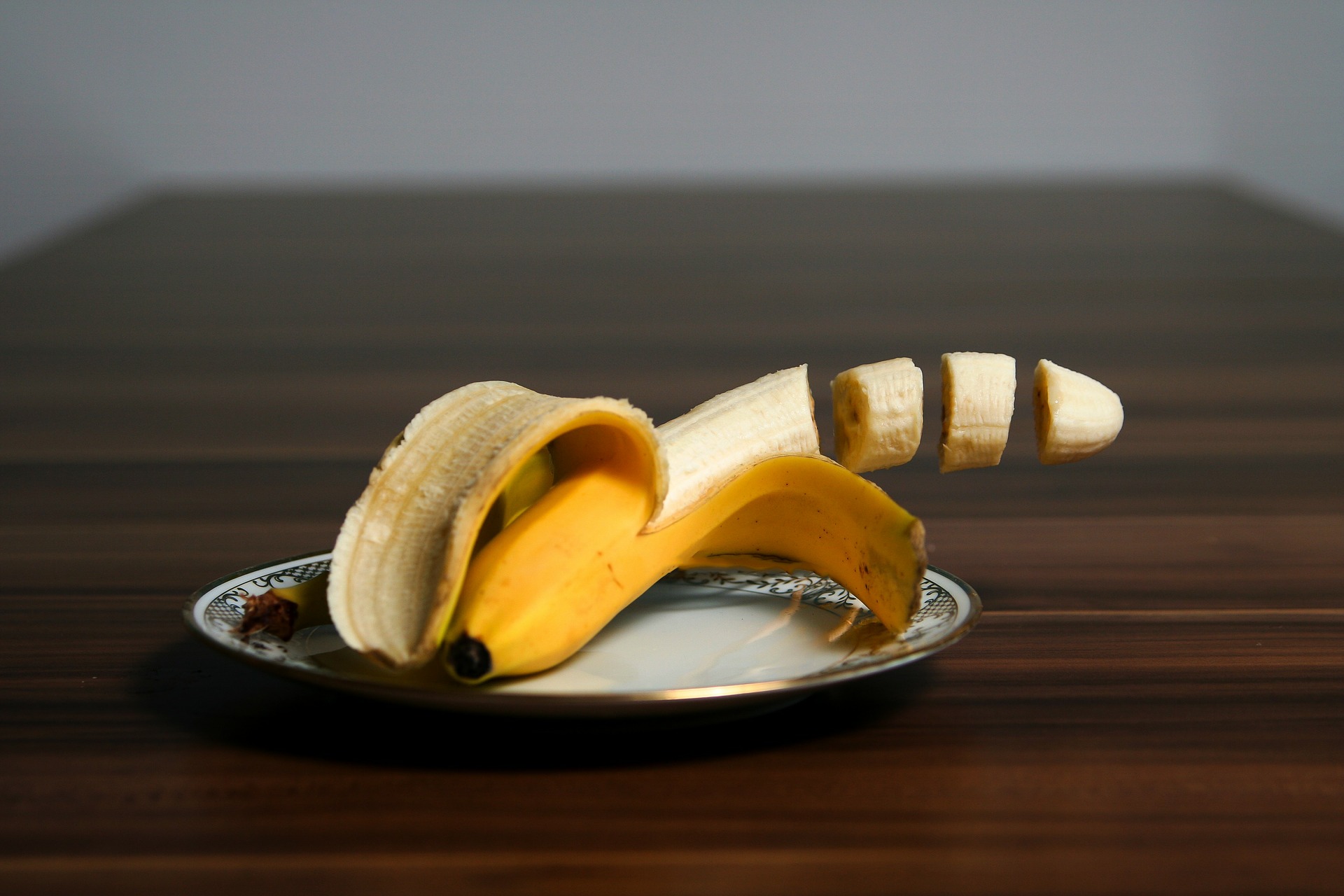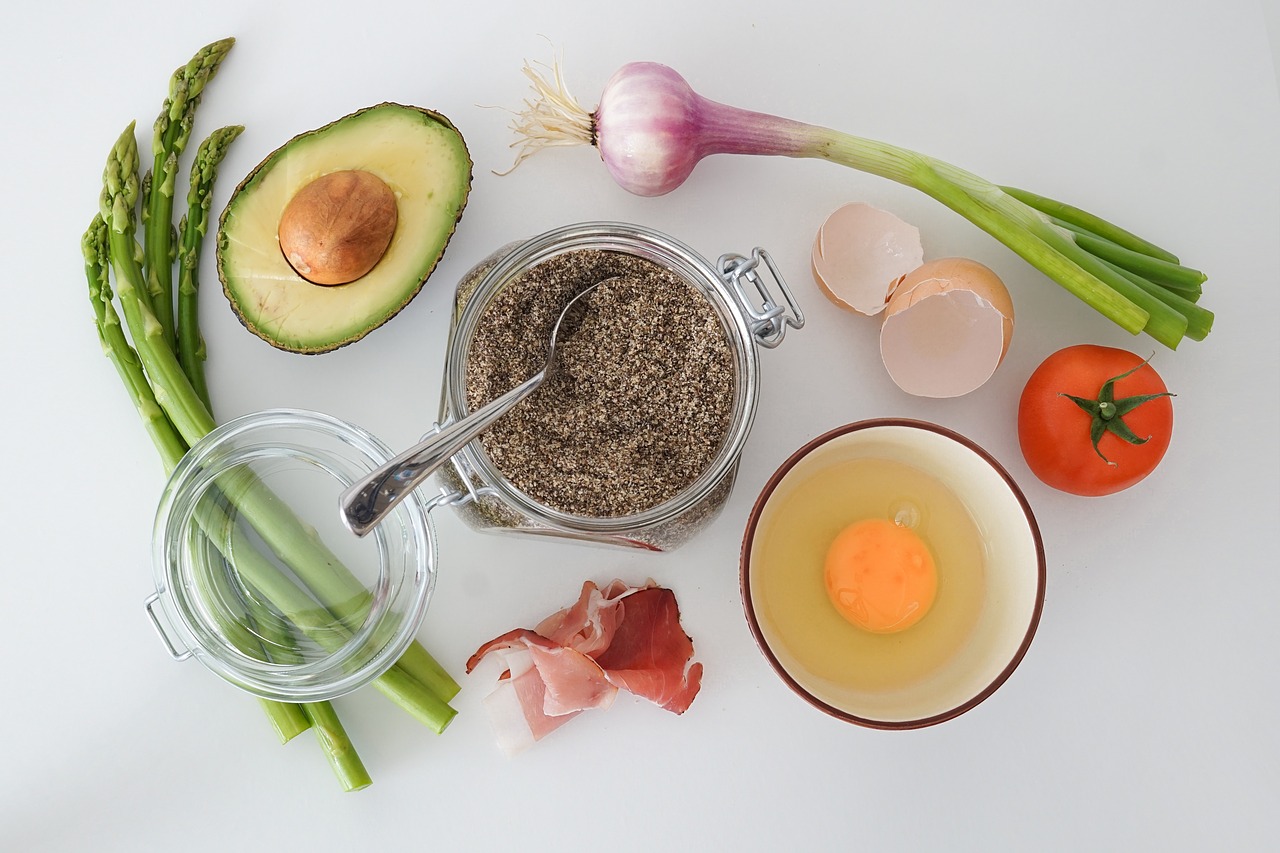
Nutrition Tips. Life Advice. Wellness On Demand.
What is impacting your family's immune system?
Winter is just about on us and it is never to too late to start building a strong, healthy resilient immune system.
When the immune system is weakened is when it is open to invasions from bug, bacteria and viruses.
@kellysikkema
We can positively support our children’s immune system by making better choices, so that they can bounce back quickly should a nasty come their way. Keeping in mind, it is not about them or you never getting sick, as that is how the immune system learns, but how resilient it is to bouncing back.
So much of their health and yours in largely in your control should you wish to exercise that priviledge. At the core of immune health is the health of the gut where 70-90% of the immune cells reside.
Let’s start to look at what factors have a negative impact on the immune system:
Refined sugar in the form of packaged cakes, sweets, biscuit etc,
Any processed and packaged food in general,
Trans fatty acids in the form of margarine, table spreads and processed foods
Insufficient quality protein daily
Prescription medication without repair work
Lack of sunshine and exercise
Living in an environment that is too sterile and clean
Chemical cleaning products
EMF radiation from electronic screens, mobile phones and power lines
As you can see from above, some of the factors are hard to avoid, but there is corrective measures than can be taken
Simple steps to boost your family’s immune system:
Optimise digestion and improve gut health
Include healthy fats and proteins at each meal – by default that includes fat soluble vitamins such as A D, E & K
Plenty of broths and soups
Includes lots of onions, garlic, ginger and spices
The rainbow for vegetables, obviously seasonal
Include probiotic & prebiotic rich foods or drinks DAILY
Dirt - yes I did say that
Exposure to lots of sunlight and fresh air, especially during the winter months
As you can see, most of what is required is a healthy, wholesome clean diet which 100% in our control.
Keeping in mind, during sickness when we resort to the typical over the counter options, these are not supporting health or building a strong immune, they purely serve to manage a symptom. Which in a acute situation is OK, it is not want you want to be relying on too often, especially when there are so many better natural alternatives that work better and are safer.
To get the deeper result you are after, i.e. less sickness and the resiliciency to bounce back quickly should they fall prey, you need to follow the above guidelines which are all just choices and a decision at the end of the day.
Understandably whilst simple, they could be difficult to implement in one go if you are a big leap away from the recommendations.
If that is the case and you need some assistance with the way forward, you can always reach out for a free 20 minute chat to help you move forward in the right direction FOR YOU. You can request that HERE.
Check out my work with me page and see which program will be a right fit for you!
Chantal is an Accredited and Certified Nutrition & Wellness Coach with a very special interest helping busy and overwhelmed mums transform the health of their family using gut healing nutrition and transformational mindset practices.
Accredited Certificate of Nutrition & Super Nutrition, special focus on Childhood Nutrition - Cadence Health
- Certified Level 1 & 2 Wellness Coaching - Wellness Coaching Australia
- MINDD Forum Health Coach - Mindd Foundation
- Accredited Real Healthy Kids Facilitator having personally trained with Sally Gray ND
- Clinical Evidence Based EFT Practitioner - Evidence Based EFT
A day with the world's leading microbiologist
So two weeks ago I got to spend the day with one of the world's leading microbiologist talking all things bacteria and the profound effect it has on our health & wellbeing. Their research is mind blowing and so fascinating.
Whilst the day was mostly dedicated to the impact of an undergrowth, overgrowth, colonisation or infection of specific bacteria and their role in brain-gut conditions, there were so many take away points that I thought were very useful to take on board.
More importantly, it is things that are in our control and can make all the difference before we head down a slippery slope of symptoms and debilitating conditions. Let’s not kid ourselves, that is definitely the predicated outcome IF we do not address the below points.
You can watch a summary of this post below:
Signs of a healthy gut:
Must absorb adequate nutrition, i.e no nutritional deficiencies
Good laxation, i.e regular, good formed bowl motions
Be without infection, i.e. bacterial infection within the digestive system.
The biggest factors affecting our gut ecology:
NUTRITION – Nutrition plays a fundamental part in the health our gut ecology. What you eat, feeds the bacteria, good & bad. If your gut bacteria is out of whack and you are eating a highly processed and packaged diet, this is essentially fueling the fire. Nutrition is key when healing the balance of our gut microbiome. Their research has also shown that little difference is made to the balance of the microbiome when short term dietary changes are made. The real benefits are had when there is proper compliance to a healing wholefood way of life for a minimum of 2 years, 3 ideally. The foods that fuel the health of our gut ecology and should be consumed on a daily basis include:
Broth – multiple times a day
Plenty of vegetables – eat the rainbow
Fat – essential for cellular health
Soluble & insoluble fibre
Moderate protein
SUGAR – This little sucker got it's own mention. It was suggested that refined sugar is evil in terms of bacteria and should be removed from the diet at all cost – no real big surprise here
STRESS -Do not underestimate the impact that long term and short term stress have on the gut ecology. It was suggested to find ways of managing stress on a daily basis and to maybe meditate for 20 minutes a day.
PHARMACEUTICALS – The persistent and recurrent use of the likes such as Panadol, aspirin, ibuprofen and antibiotics are particularly damaging to the gut microbiome when no rectification methods are put in place after use. They are also known as gut scrapers.
In Summary
- Eat a wholefood real food diet with plenty of vegetables and include multiple cups of broth daily
- Manage stress on a DAILY basis to calm the nervous system
- Avoid EXCESS use of common pharmaceuticals. If needed, ensure repair/healing work follows soon after use.
If you need help addressing the health of your gut or improving your wellbeing, get in contact for a FREE 30 minute coaching session or book in a 90 Minute Nutrition & Wellness Audit to get you started in your journey.
Chantal is an Accredited Nutrition & Wellness Coach with a special interest helping mum's transform the health of their family using healing wholefood and transformational wellness practices.
Improving the health of your gut is not just about popping a probiotic!
Improving gut health is becoming much more main stream, which is awesome news, however the message being relayed most of the time is to pop a probiotic and "ALL WILL BE WELL"!
That is simply not the case. We need to understand the fundamentals and that is, the pathway to Health and Wellness is through nutrition, wholefoods and healing wholefoods in particular.
To think that a typical Western diet can be consumed alongside popping a probiotic is not going to cut it, in fact it could be harming instead.
The focus is ALWAYS going to be on consuming a wholefood diet, gut bacteria diversity and feeding the beneficial bacteria through the intake of PREBIOTIC foods so that a healthy digestive system can be maintained.
What is Prebiotic Food?
It is simply types of food with dietary fibre that feeds the friendly bacteria so that they can grow and multiply
Why is Prebiotic Food needed?
It’s helps the gut bacteria produce nutrients for your colon cells which ultimately leads to a happier healthier digestive system
The difference between Probiotic & Prebiotic Food?
Probiotics – are the beneficial bacteria
Prebiotics - are food that feed the beneficial bacteria.
So not only do you want to increase and diversify your beneficial bacteria via fermented foods and drinks preferably, you also want to eat foods that feed this beneficial bacteria so that they can multiply
THE TOP PREBIOTIC FOODS TO CONSUME:
1. Chicory Root – it’s inulin fibre promotes gut bacteria, reduces constipation and helps break down fat
2. Dandelion greens – increases beneficial bacteria, reduces constipation and is fabulous for the immune system.
Usage tip – add to salads
3. Jerusalem Artichoke – once again the inulin fibre content increases the beneficial fibre and boosts the immune system
Usage tip – can be eaten raw or cooked
4. Garlic – so many health benefits. Promotes bifobacteria in particular and prevents the growth of disease causing bacteria
Usage tip – add it anything you can, such as casseroles, stews, soups, dips, salad dressing, hell even swallow a clove like a tablet. So easy to include this multiple ways daily
5. Onions- Food for the beneficial bacteria, boost the immune system and helps with digestion
Usage Tip – consume either raw or cooked. Add to salads, pickle it, use as base in stews, casseroles and soups
6. Leeks - Comes from the same family as onions and garlic and therefore have the same properties
Usage tip – Use as a replacement for onionsin bases for stews, casseroles and soups
7. Asparagus – Not my most favourite vegetable I have to admit! Helps promote friendly bacteria.
Usage Tip – Serve steamed with garlic & hot butter butter
8. Bananas – Who doesn’t love a banana? Increases healthy bacteria in the gut and is known to reduce bloating
Usage Tip – eat as is, add to smoothies, use in baking.
9. Barley – promotes the growth of friendly bacteria
Usage tip – Always soak prior to use to reduce the lectin factor. Use in soups, stews or as porridge
10. Oats – Promotes healthy gut bacteria and improve blood sugar control
Usage tip – with any grain, soak before using. Use in home-made muesli, porridge, baking in a myriad of ways
11. Apples – It’s high pectin fibre content helps promote beneficial git bacteria and helps to decrease harmful bacteria.
Usage tip – eat organic if you can. Conventional grown is ridiculously high in pesticides. Eat raw with a fat if possible such as a nut butter or use in cooking. Pureed apple can even be used an egg replacer
12. Cocoa – promotes healthy gut bacteria
Usage tip – Use the best quality possible in baking, bliss balls, home-made chocolate and hot chocolate
13. Flax seeds – It’s fibre promotes healthy gut bacteria, promotes regular bowel movements and reduces the amount of dietary fat you absorb and digest
Usage Tip – Grind them up and add to smoothie, make chia puddings, use as an egg replacer and add to baking. I believe these are best consumed when they’ve been soaking in a liquid for a period of time and resembles a gel like texture
14. Seaweed – Such a great food to add to your diet – increases the population of friendly bacteria, reduces harmful bacteria and boosts the immune system
Usage Tip – Add to the diet in the form of dulse flakes which provide a wonderful flavour to soups, stews and broth. Make some dipping nori chips or simply make some sushi
The Bottom Line:
Eating prebiotic foods are just as IMPORTANT as consuming probiotic foods if you want to improve the health of your gut and maintain a healthy digestive system.
If you eat a broad, varied healing wholefood diet, you will be consuming these foods by default anyway!
ACTION STEP FOR YOU - Make a list of the above foods you are consuming anyway and a list of foods you can incorporate WITHOUT causing overwhelm.
If you are feeling stuck with your Healing Wholefood journey, book in for a complimentary Health Mapping Session. The purpose of this session is clearly define where you are, where you need to be and some actionable steps to help you move forward.
Chantal is a Certified Nutrition & Wellness Coach that specialises in helping stressed and overwhelmed mums heal their children with wholefoods using a personalised wholistic step by step approach.
- August 2021
- July 2021
- May 2021
- June 2020
- May 2020
- April 2020
- March 2020
- January 2020
- September 2019
- August 2019
- July 2019
- June 2019
- May 2019
- August 2018
- June 2018
- May 2018
- April 2018
- March 2018
- February 2018
- January 2018
- December 2017
- November 2017
- October 2017
- August 2017
- July 2017
- June 2017
- April 2017
- March 2017
- October 2016
-
Asthma
- Jun 3, 2019 Foods that trigger Asthma Jun 3, 2019
-
Eczema
- Aug 6, 2019 Alternatives to apply to your skin if you are suffering with Eczema or Psoriasis Aug 6, 2019
- Jul 15, 2019 Ingredients to avoid when looking for a moisturiser for Eczema Jul 15, 2019
- Jun 3, 2019 The Eczema Diet Jun 3, 2019
- May 19, 2019 The Role of the gut in ECZEMA May 19, 2019
- Aug 8, 2018 The Top 3 Foods that could be triggering the next Eczema Flare Aug 8, 2018
-
General
- Jun 1, 2018 Winter Wellness - Medicinal foods in your garden, pantry and fridge Jun 1, 2018
- Jan 30, 2018 Packing a Gut Friendly Lunchbox Jan 30, 2018
- Dec 19, 2017 4 Steps to keeping the family's immune system & gut healthy over the holiday period Dec 19, 2017
- Dec 19, 2017 The Lessons I Learnt during 2017 Dec 19, 2017
- Jul 31, 2017 Homeopathy and why you should consider using it! Interview with Carolyne Hallet Jul 31, 2017
- Jun 27, 2017 What is "HEALTHY" Jun 27, 2017
- Jun 21, 2017 Fussy Eating!!! And how I overcame it. Jun 21, 2017
- Jun 8, 2017 The problem with commercial breakfast cereal Jun 8, 2017
- Apr 29, 2017 Sleep - Who doesn't want more? Interview with Naturopath Norelle Hentschel Apr 29, 2017
- Mar 14, 2017 The 4 lessons I learnt healing from Adrenal Fatigue Mar 14, 2017
- Oct 23, 2016 4 easy steps to ensure your child is getting the best nutrition possible! Oct 23, 2016
-
Health
- May 13, 2020 The TRUTH Bombs of nutrition! May 13, 2020
- Aug 6, 2019 Alternatives to apply to your skin if you are suffering with Eczema or Psoriasis Aug 6, 2019
- Jul 15, 2019 Ingredients to avoid when looking for a moisturiser for Eczema Jul 15, 2019
- Jun 12, 2019 Gut Healing Foods Jun 12, 2019
- Jun 3, 2019 Foods that trigger Asthma Jun 3, 2019
- Jun 3, 2019 The Psoriasis Diet Jun 3, 2019
- Jun 3, 2019 The Eczema Diet Jun 3, 2019
- May 22, 2019 Skin Rashes in Children - When to be concerned May 22, 2019
- May 22, 2019 I think my child has a dairy intolerance, what can I do about it? May 22, 2019
- May 19, 2019 The Role of the gut in ECZEMA May 19, 2019
- Aug 8, 2018 The Top 3 Foods that could be triggering the next Eczema Flare Aug 8, 2018
- Jun 1, 2018 Winter Wellness - Medicinal foods in your garden, pantry and fridge Jun 1, 2018
- May 23, 2018 The REAL truth about eating Wholefood May 23, 2018
- Apr 24, 2018 A day with the world's leading microbiologist Apr 24, 2018
- Jan 30, 2018 Packing a Gut Friendly Lunchbox Jan 30, 2018
- Dec 19, 2017 4 Steps to keeping the family's immune system & gut healthy over the holiday period Dec 19, 2017
- Nov 19, 2017 Tips for Dealing with Fussy Eaters...... Nov 19, 2017
- Oct 18, 2017 Healing Eczema a 2nd Time & the lessons I learnt along the way!! Oct 18, 2017
- Aug 15, 2017 Improving the health of your gut is not just about popping a probiotic! Aug 15, 2017
- Jul 31, 2017 Homeopathy and why you should consider using it! Interview with Carolyne Hallet Jul 31, 2017
- Jul 25, 2017 What is needed to build a strong healthy Immune System Jul 25, 2017
- Jul 12, 2017 5 Easy Ways to get Healing Foods into your kids without fuss! Jul 12, 2017
- Jun 27, 2017 What is "HEALTHY" Jun 27, 2017
- Jun 21, 2017 Fussy Eating!!! And how I overcame it. Jun 21, 2017
- Jun 8, 2017 The problem with commercial breakfast cereal Jun 8, 2017
- Apr 29, 2017 Sleep - Who doesn't want more? Interview with Naturopath Norelle Hentschel Apr 29, 2017
- Apr 19, 2017 Interview with Sally Gray for all things gut health Apr 19, 2017
- Apr 3, 2017 The 3 P's of Gut Healing Apr 3, 2017
- Mar 27, 2017 How do I know if I need gut healing? Mar 27, 2017
- Mar 21, 2017 My Top 10 Gut Healing Pantry Essentials Mar 21, 2017
- Mar 14, 2017 The 4 lessons I learnt healing from Adrenal Fatigue Mar 14, 2017
- Oct 23, 2016 4 easy steps to ensure your child is getting the best nutrition possible! Oct 23, 2016
-
Mindset
- Aug 18, 2021 Visualisation.....The power of your imagination Aug 18, 2021
- Jul 22, 2021 3 Steps to show up and BE your best self Jul 22, 2021
- Jul 19, 2021 The truth about Self Limiting Beliefs Jul 19, 2021
- May 11, 2021 Your True Personal Power Within May 11, 2021
- Jun 24, 2020 Lets talk motivation Jun 24, 2020
- Jun 24, 2020 Educate and Inspire vs Diagnose and Treat - the role of coaching Jun 24, 2020
- Apr 29, 2020 Let's talk about for RESPONSIBILITY for SELF in terms of Health & Wellness Apr 29, 2020
- Mar 11, 2020 The essential way of "BEING" in order to transform you and your family's health and wellness Mar 11, 2020
- Jan 29, 2020 Getting the school year off to a FLYING start! Jan 29, 2020
- Sep 17, 2019 Emotional Freedom Technique (EFT) Basics Sep 17, 2019
- Aug 13, 2019 Are you ready to be IGNITED? Aug 13, 2019
- Mar 14, 2018 What does it mean to have a coach? Mar 14, 2018
- Feb 18, 2018 Interview with Sally Gray - The IGNITE Quest Feb 18, 2018
- Jul 17, 2017 4 Steps to Fill Up Your Child's Love Tank Jul 17, 2017
- Mar 7, 2017 What is a Nutrition & Wellness Coach Mar 7, 2017
-
Psoriasis
- Jun 3, 2019 The Psoriasis Diet Jun 3, 2019
-
Wellness
- Aug 18, 2021 Visualisation.....The power of your imagination Aug 18, 2021
- Jul 22, 2021 3 Steps to show up and BE your best self Jul 22, 2021
- Jun 24, 2020 Lets talk motivation Jun 24, 2020
- Jun 24, 2020 Educate and Inspire vs Diagnose and Treat - the role of coaching Jun 24, 2020
- May 11, 2020 Interview with Melanie White - The Role of Health & Wellness Coaches. May 11, 2020
- Mar 11, 2020 The essential way of "BEING" in order to transform you and your family's health and wellness Mar 11, 2020
- Jan 29, 2020 Getting the school year off to a FLYING start! Jan 29, 2020
- Sep 17, 2019 Emotional Freedom Technique (EFT) Basics Sep 17, 2019
- Aug 13, 2019 Are you ready to be IGNITED? Aug 13, 2019
- Mar 14, 2018 What does it mean to have a coach? Mar 14, 2018
- Feb 18, 2018 Interview with Sally Gray - The IGNITE Quest Feb 18, 2018
- Feb 13, 2018 Back to School: Emotional Wellness for our kids! Feb 13, 2018
- Dec 19, 2017 The Lessons I Learnt during 2017 Dec 19, 2017
- Jul 17, 2017 4 Steps to Fill Up Your Child's Love Tank Jul 17, 2017
- Mar 7, 2017 What is a Nutrition & Wellness Coach Mar 7, 2017
-
gut health
- May 13, 2020 Could a critter be the reason for your symptoms? May 13, 2020
- Jun 12, 2019 Gut Healing Foods Jun 12, 2019
- May 22, 2019 Skin Rashes in Children - When to be concerned May 22, 2019
- May 22, 2019 I think my child has a dairy intolerance, what can I do about it? May 22, 2019
- May 23, 2018 The REAL truth about eating Wholefood May 23, 2018
- Apr 24, 2018 A day with the world's leading microbiologist Apr 24, 2018
- Jan 30, 2018 Packing a Gut Friendly Lunchbox Jan 30, 2018
- Aug 15, 2017 Improving the health of your gut is not just about popping a probiotic! Aug 15, 2017
- Jul 12, 2017 5 Easy Ways to get Healing Foods into your kids without fuss! Jul 12, 2017
- Apr 19, 2017 Interview with Sally Gray for all things gut health Apr 19, 2017
- Apr 3, 2017 The 3 P's of Gut Healing Apr 3, 2017
- Mar 27, 2017 How do I know if I need gut healing? Mar 27, 2017
- Mar 21, 2017 My Top 10 Gut Healing Pantry Essentials Mar 21, 2017







